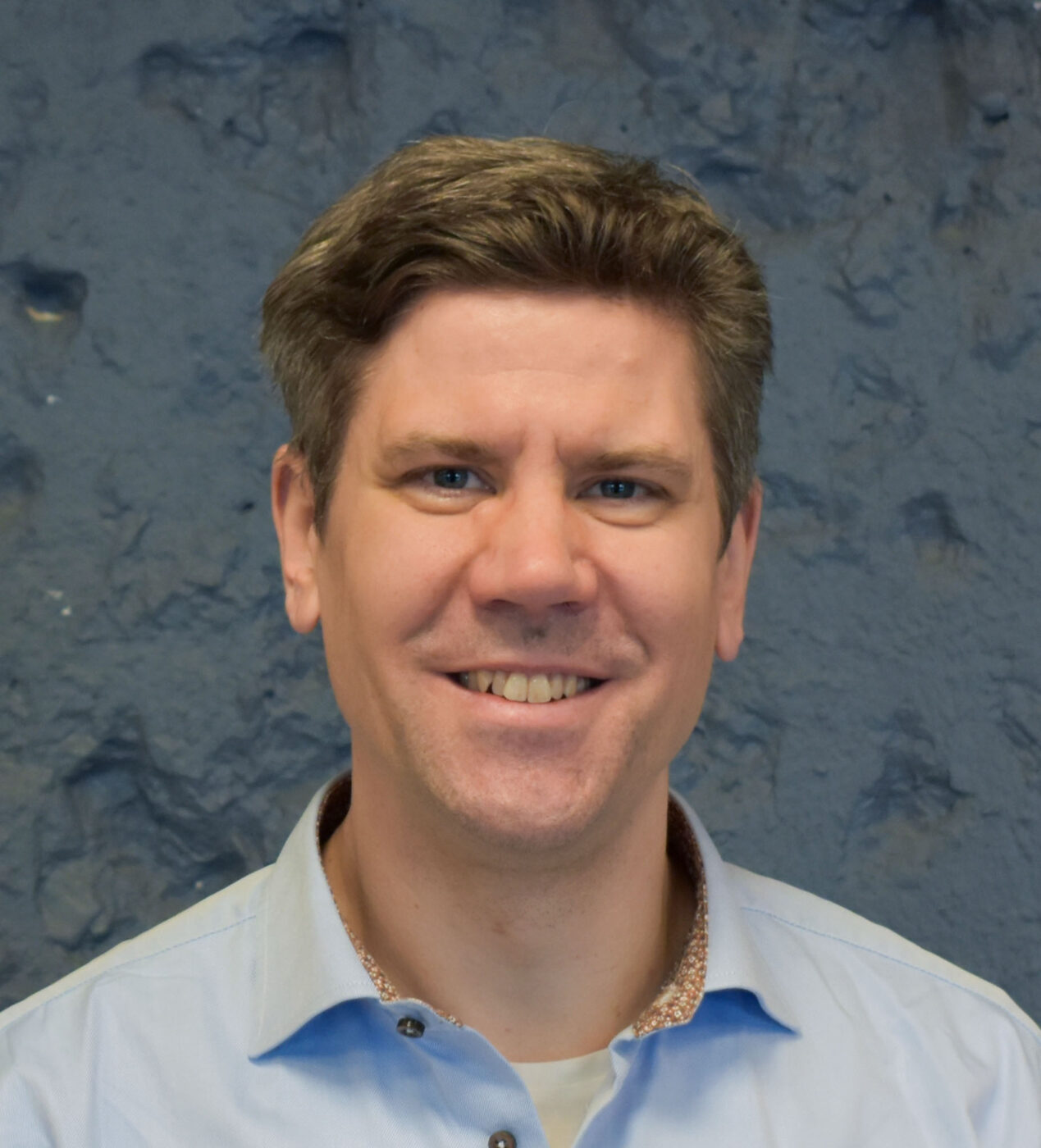Imagine starting your PhD journey with a network of nearly 500 active fellow doctoral students in institutions across Sweden, taking cutting-edge courses from experts, working closely with industry players, and learning from international visits to high-tech hotspots all over the world.
WASP Graduate School offers these opportunities, and more, to its PhD students. WASP was founded in 2015 to encourage strategic basic research in the areas of artificial intelligence, autonomous systems, and software. It is Sweden’s largest research initiative and works closely with industry to produce state-of-the-art knowledge in these disciplines.

The graduate school offers an unparalleled PhD student experience, featuring a unique range of courses from entry-level to advanced, at the forefront of research, covering a broad range of highly relevant topics. PhD students benefit from generous national and international networking opportunities, as well as various social activities, fostering a strong foundation for their future careers and lifelong friendships.
Daniel Axehill, WASP Graduate School Director
WASP Graduate School in Numbers
Active PhD students
480+
Graduated PhDs (June 2025)
191
Total Goal of Graduated PhDs by 2031
600 (whereof 150 industrial PhDs)


